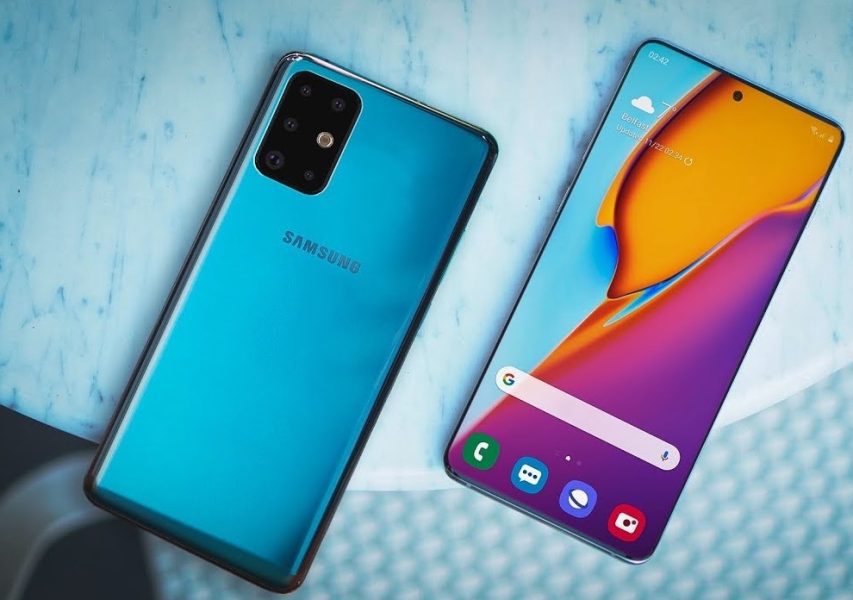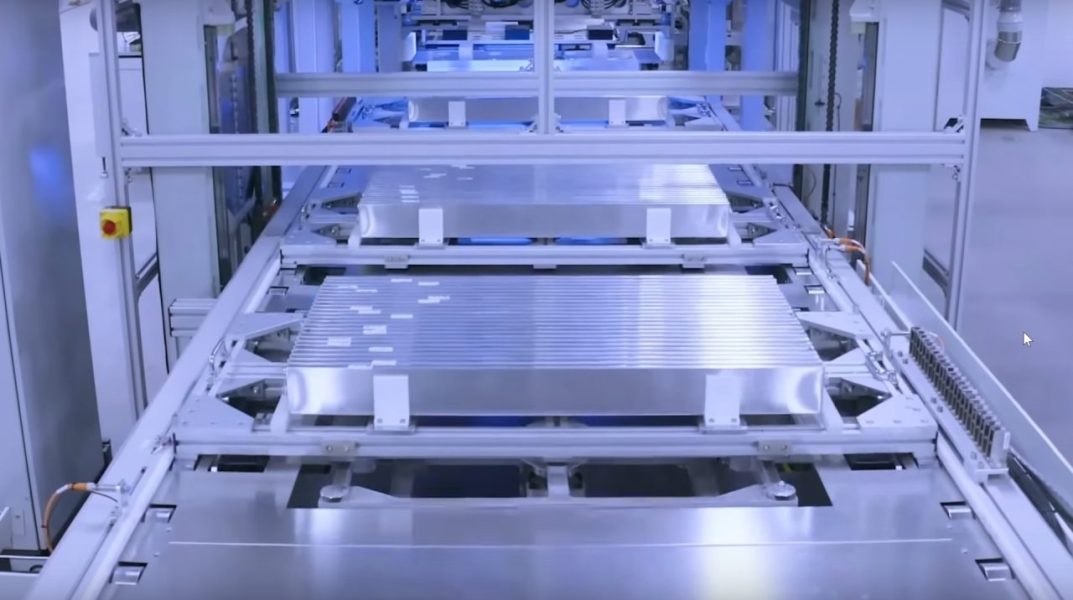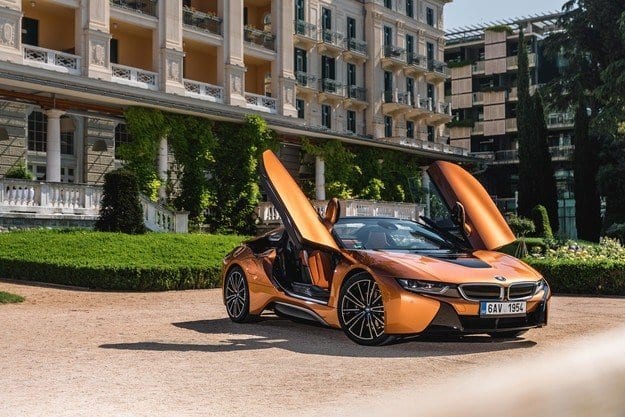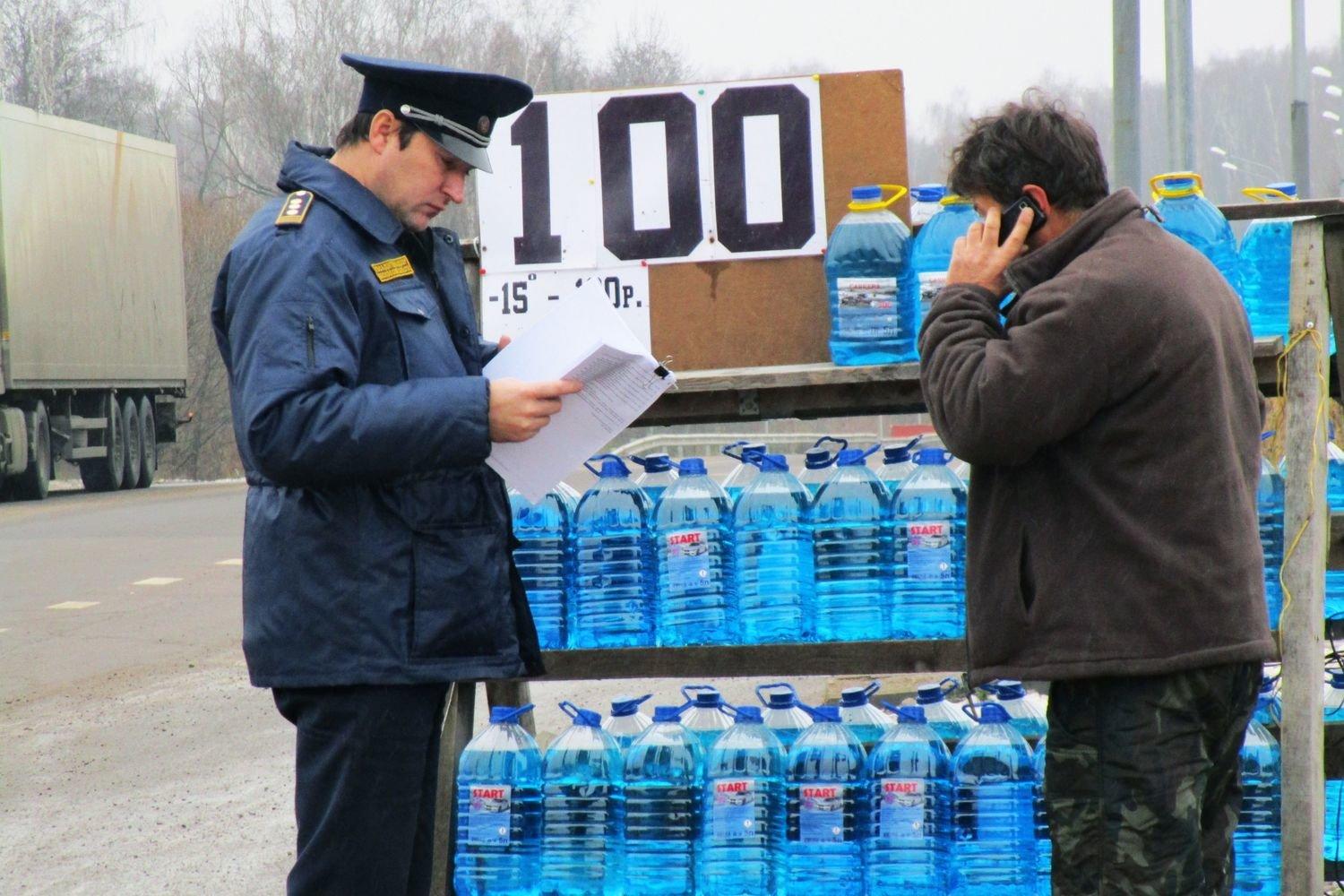
Mercedes and CATL expand cooperation in the field of lithium-ion cells. Zero emissions in production and batteries without modules
Content
Daimler said it has “taken it to the next level” through a strategic partnership with Chinese cell and battery manufacturer Contemporary Amperex Technology (CATL). CATL will be the main cell supplier for the next generations of Mercedes EQ, including the Mercedes EQS.to reach a range of over 700 WLTP units.
Mercedes, CATL, modular batteries and emission neutral production
Table of contents
- Mercedes, CATL, modular batteries and emission neutral production
- Battery without modules earlier in Mercedes than in Tesla?
- Batteries of the future with CATL
- Emission neutrality at cell and battery level
CATL will provide battery modules (kits) for Mercedes passenger cars and complete battery systems for vans. The collaboration also extends to modular systems in which cells fill a battery container (cell to battery, CTP, source).
There is one problem with this post: a large number of car manufacturers have partnered with CATL (even Tesla), and for many companies it is a strategic supplier because it is a giant when it comes to battery production. The devil is in the details.
> New cheap Tesla batteries thanks to cooperation with CATL for the first time in China. Below $ 80 per kWh at the package level?
Battery without modules earlier in Mercedes than in Tesla?
The first interesting feature is the already mentioned moduleless systems. Cells are organized into modules, for example for security reasons. Each of them has an additional housing and produces a voltage below dangerous for humans. If a problem occurs, modules may be disabled.
The lack of modules means a new approach to battery design in general and requires different security solutions.
Elon Musk has announced a ditching of modules at Tesla - but it hasn't happened yet, or at least we don't know... BYD uses a moduleless battery in the Han model, in which the cells also act as the frame of the battery container. But BYD uses lithium iron phosphate cells, which are much less reactive than NCA/NCM when damaged:

So is the Mercedes EQS the first model on the market with a battery without modules and with NCA / NCM / NCMA cells?
Batteries of the future with CATL
The announcement mentions another interesting fact: both companies will work together on the "best-in-class" batteries of the future. This means that Mercedes and CATL are close to introducing lithium-ion cells, offering higher energy density and shorter charging times. When we talk about CATL, such a product is very likely - only that the Chinese manufacturer does not want to publicly brag about new products.
The higher energy density of the cells, combined with the absence of modules, means higher energy density at the packet level.... Thus, a better line of electric vehicles with lower production costs. Literally!
Emission neutrality at cell and battery level
Fans of the argument "one battery poisons the world of more than 32 diesels" will be interested in one more mention: Mercedes and CATL follow the path of Volkswagen and LG Chem and strive to produce batteries using only renewable energy... The use of renewable energy sources only at the stage of cell production can reduce emissions from battery production by 30 percent.
The Mercedes EQS battery must be produced using a CO neutral process.2... CATL will also pressure raw material suppliers to reduce emissions from mining and processing of elements. So you can see that EV manufacturers are thinking holistically about the life cycles of their vehicles.
> Production and operation of electric vehicles in Poland and other EU countries and CO2 emissions [T&E report]
This may interest you:

